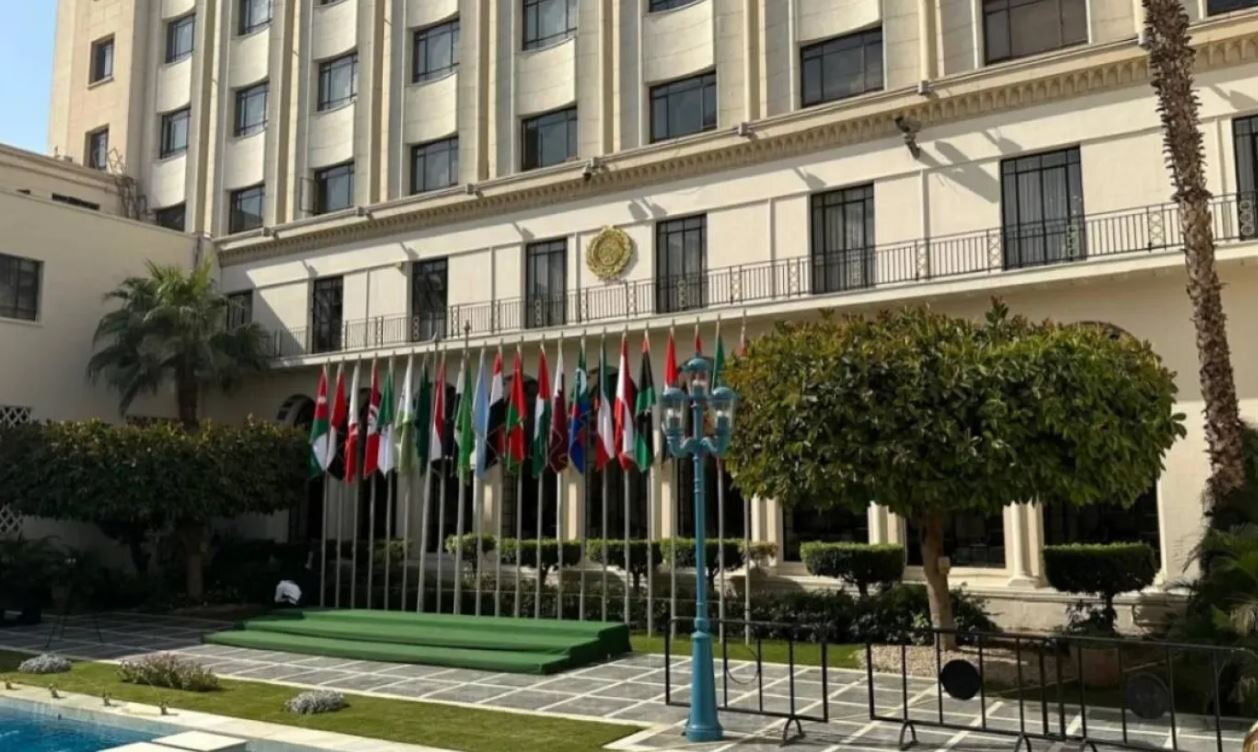FM Araghchi advocates for peace, stability in Syria amid Arab League allegations

TEHRAN – On Friday, Iranian Foreign Minister Abbas Araghchi reaffirmed Tehran's commitment to peace and stability in Syria in response to recent accusations from the Arab League.
In its recent statement, the Arab League accused Iran of interfering in Syria's internal matters, urging Tehran to "respect Syria's sovereignty and territorial integrity."
Responding to these allegations, Araghchi released a comprehensive statement in Arabic on X, outlining Iran's regional objectives and underscoring the nation's commitment to maintaining stability and order.
“Like you, we aim to achieve stability, calm, and prevent chaos and disturbances in Syria,” he stated.
The top diplomat elaborated on Iran's goals, highlighting the importance of preserving Syria's unity and territorial integrity, ensuring the security of all ethnic and sectarian groups, and protecting holy sites.
Araghchi also emphasized the need to limit illegal arms, reject foreign intervention, and prevent Syria from becoming a base for terrorism.
He demanded the immediate withdrawal of the Israeli occupation forces from the territories they had unlawfully seized and called for the establishment of a truly representative government in Syria.
Moreover, the top diplomat emphasized that the ongoing regional chaos necessitates rational, inclusive, and collaborative strategies, cautioning against provocations that could incite sectarian conflict and justify foreign intervention.
“Iran shares with other countries in the region a vision for a safe and peaceful transition towards an inclusive government in Syria with the participation of all ethnic groups,” Araghchi asserted.
The foreign minister criticized those stirring up discord, pointing out that they attempt to fulfill their desires by blaming external forces for Syria's problems.
He argued that such actions aim to legitimize continued occupation by the Israeli regime and the United States, justify foreign interference, and exclude certain Syrian groups from political participation.
The foreign minister also highlighted the importance of avoiding divisiveness and sectional interests, stating, “Navigating the current turbulent period in the region requires rationality, participation, cooperation, and avoiding the stirring of conflicts and temporary interests.”
Araghchi concluded by reiterating Iran's commitment to collaborating with other regional countries to create an inclusive government in Syria, indicating a readiness to support efforts in achieving this aim.
Since the fall of Bashar al-Assad's government earlier this month, recent developments in Syria have heightened uncertainties about the country's political future.
